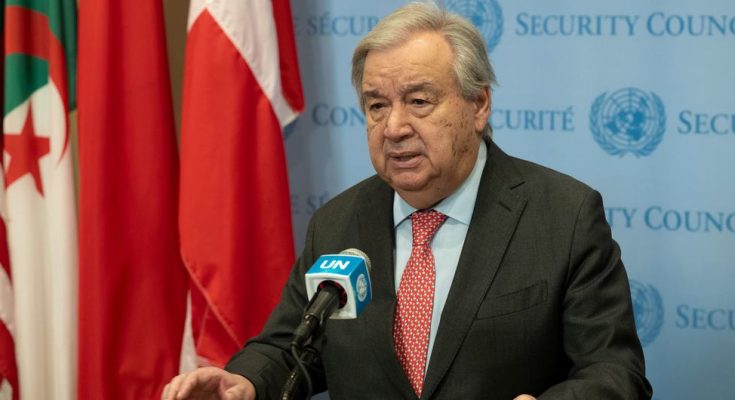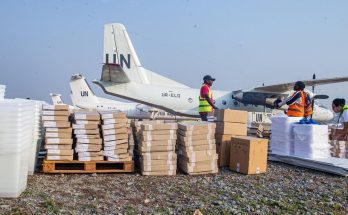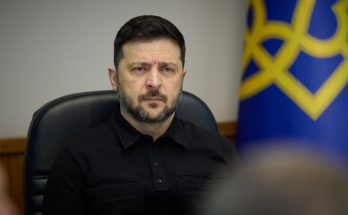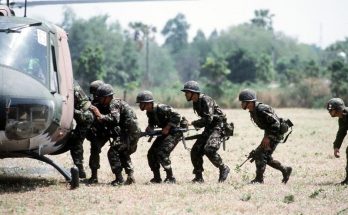The UN Secretary-General António Guterres described the United States’ bombing of three nuclear sites in Iran as a “dangerous escalation” on Saturday following eight days of deadly strikes and counter strikes between Tehran and Tel Aviv.
“I am gravely alarmed by the use of force by the United States against Iran today,” said the UN chief, reiterating that there is no military solution.
“This is a dangerous escalation in a region already on the edge – and a direct threat to international peace and security.”
President Donald Trump delivered a televised address to the nation from the White House at 10pm local time and said that Iran’s nuclear facilities at Fordo, Natanz and Isfahan had been “totally obliterated” describing the long-range bombing raid as a “spectacular military success.”
President Trump called on Iran’s leadership to now “make peace” and return to negotiations over its nuclear programme or suffer a far greater wave of attacks.
Iranian authorities have yet to confirm the extent of the damage to the three sites in central Iran. Earlier in the day, Iran’s foreign minister reportedly warned the US against any involvement in the Iran-Israel conflict which erupted on 13 June.
Deadly strikes
At least 430 Iranians are believed to have been killed during waves of strikes since then with around 3,500 injured, according to figures from the Iranian health ministry.
In Israel, 24 civilians have died in the retaliatory attacks according to local authorities with more than 400 missiles reportedly fired towards the country.
B-2 bombers were involved in the US strikes, President Trump confirmed, dropping so-called “bunker buster” bombs on the uranium enrichment site at Fordow which is buried deep inside a mountain south of the capital Tehran.
‘Avoid a spiral of chaos’
In his statement, the Secretary-General reiterated his concerns voiced in the Security Council during Friday’s emergency meeting on the crisis that the conflict “could rapidly get out of control – with catastrophic consequences for civilians, the region, and the world.”
He called on all Member States to de-escalate the situation which threatens the stability of the Middle East and beyond, calling for everyone to uphold their obligations under the UN Charter and international law.
“At this perilous hour, it is critical to avoid a spiral of chaos,” he added calling for an immediate return to negotiations between the warring parties.
“There is no military solution. The only path forward is diplomacy. The only hope is peace.”
The UN human rights chief Volker Turk echoed the UN chief’s statement on social media early on Sunday saying that it was now “of utmost importance for all parties to exercise the fullest restraint in order to avoid the untold human rights impacts of a widening conflict on civilians across the region.”
UPDATE: No sign of radiation level increase beyond sites
Meanwhile, the head of the UN’s atomic energy agency, IAEA, said in a statement on Sunday that there was no sign of any health-impacting radiation resulting from the US strikes beyond the three Iranian sites targeted, citing Iranian nuclear energy authorities.
Director General Rafael Grossi noted that the sites had all contained enriched uranium verified by IAEA inspectors “to different levels” and confirmed that “radioactive and chemical contamination” may have occurred inside the facilities hit.
Read our UN News explainer on the role and importance of the IAEA here.
“In view of the increasingly serious situation in terms of nuclear safety and security, the Board of Governors will meet in an extraordinary session tomorrow, which I will address,” Mr. Grossi said.
“As of this time, we don’t expect that there will be any health consequences for people or the environment outside the targeted sites,” he added





